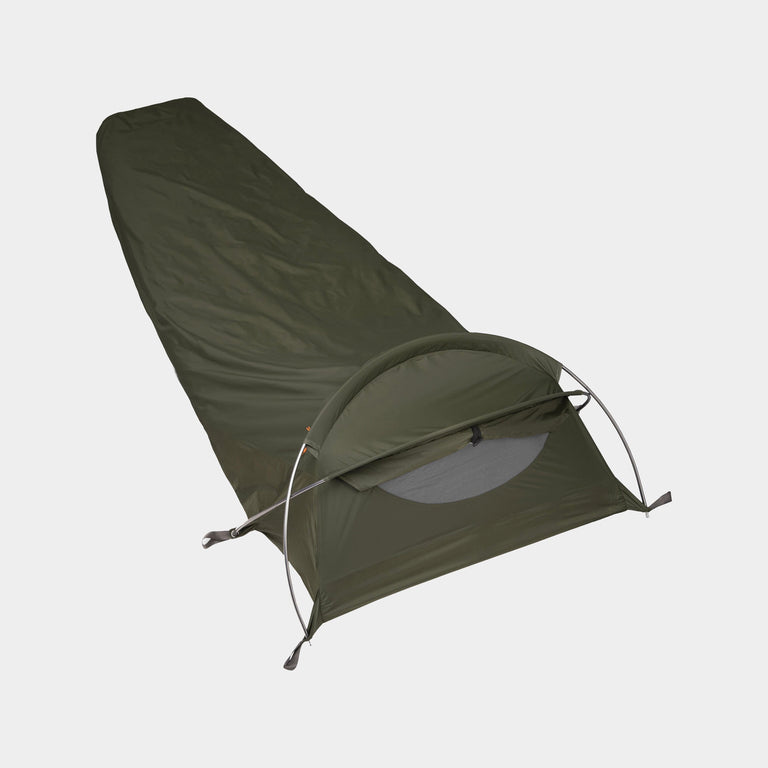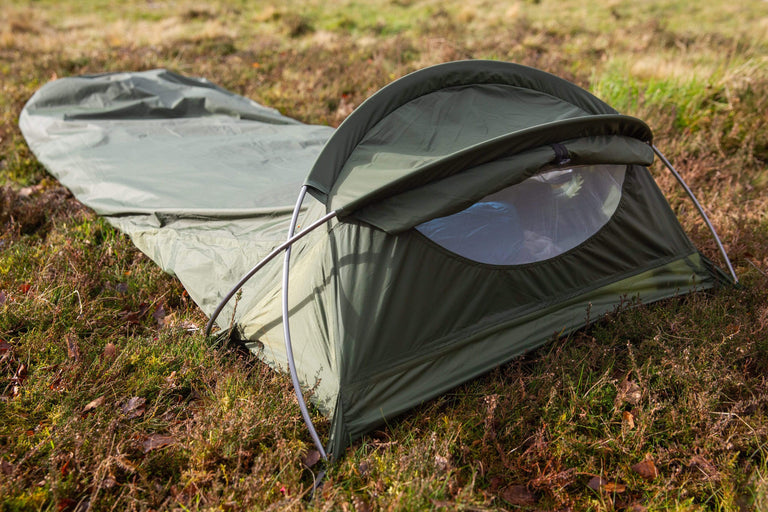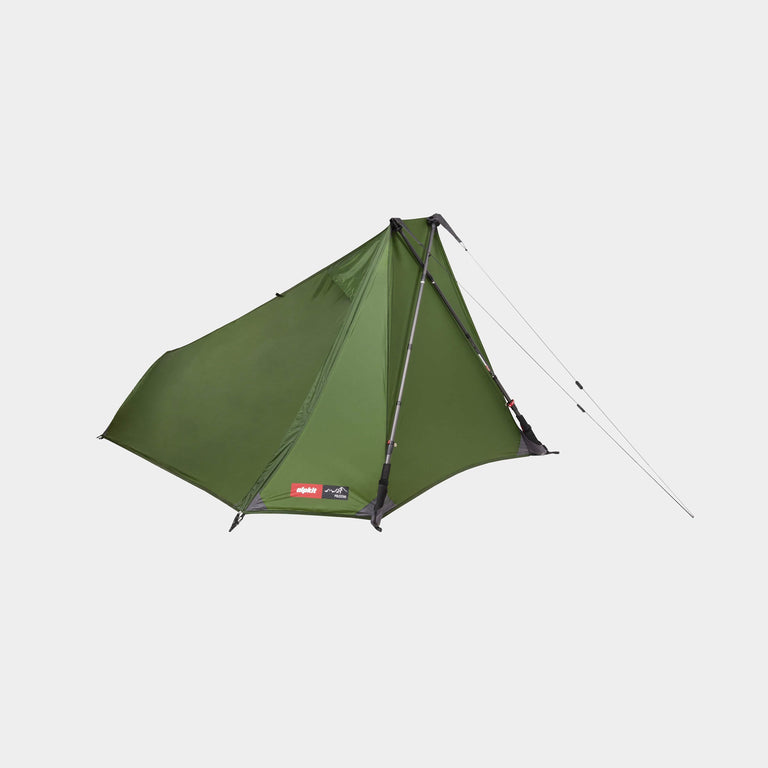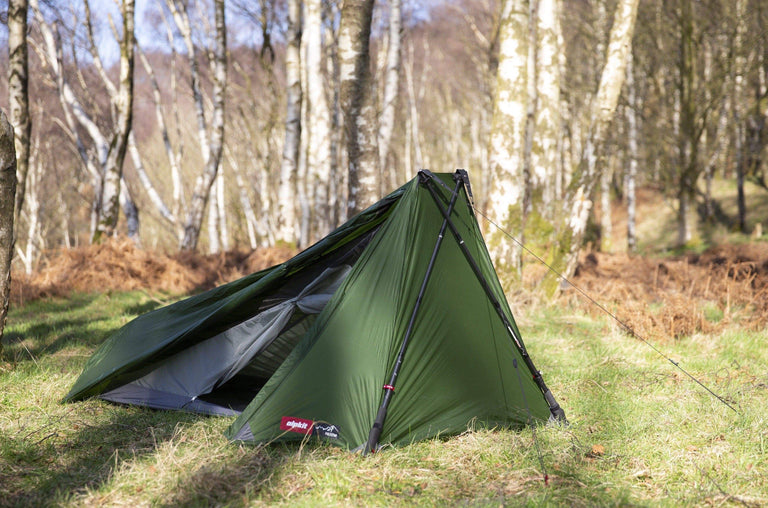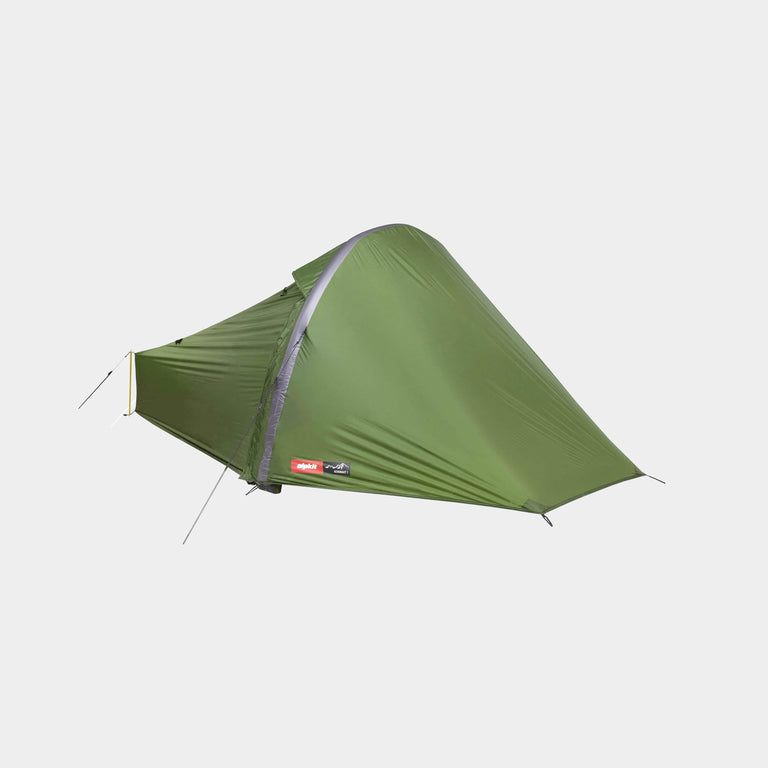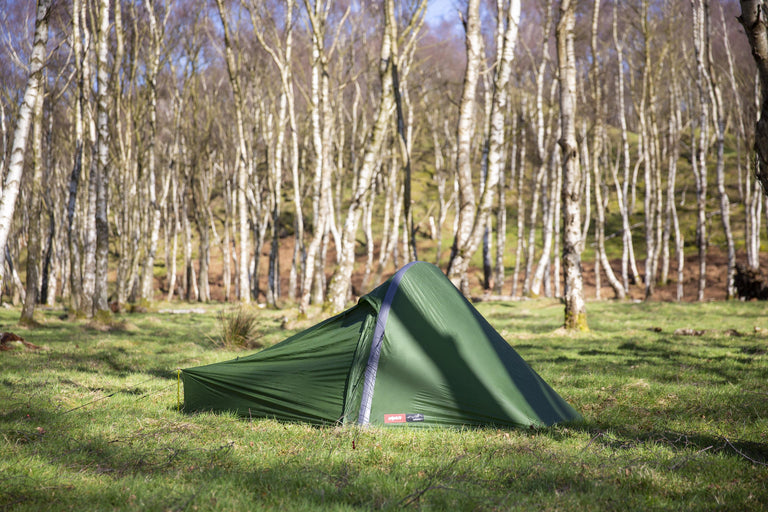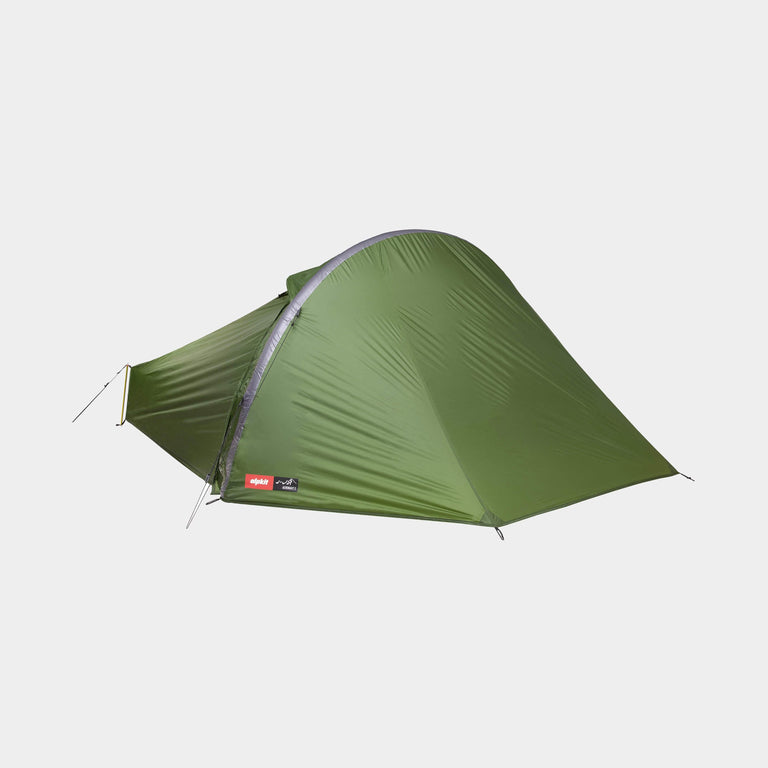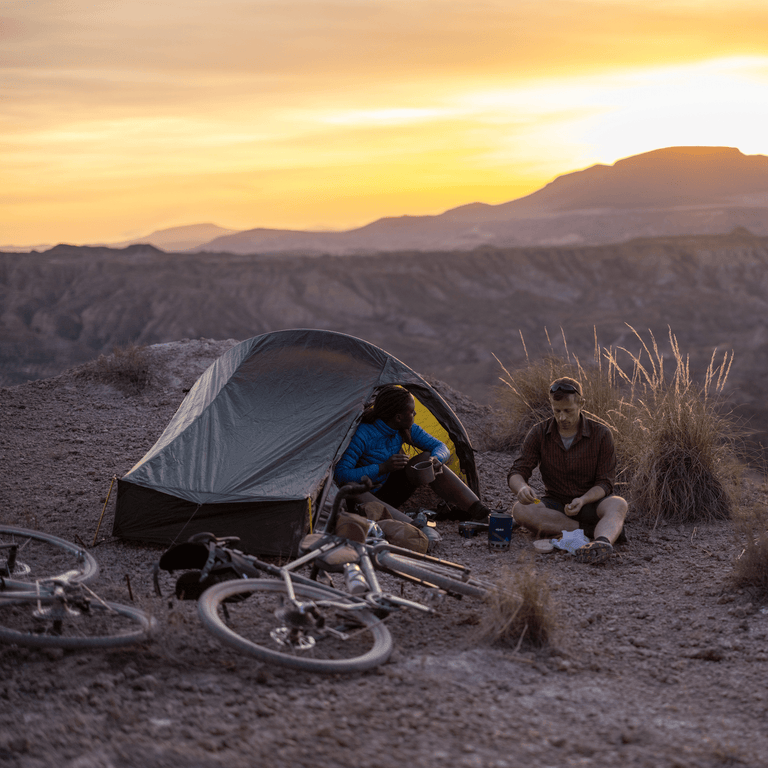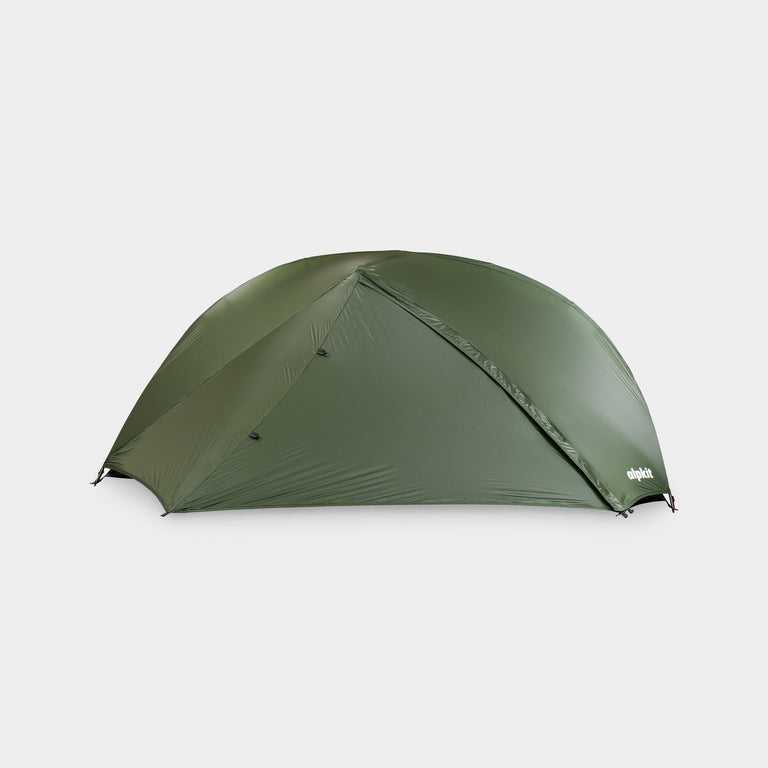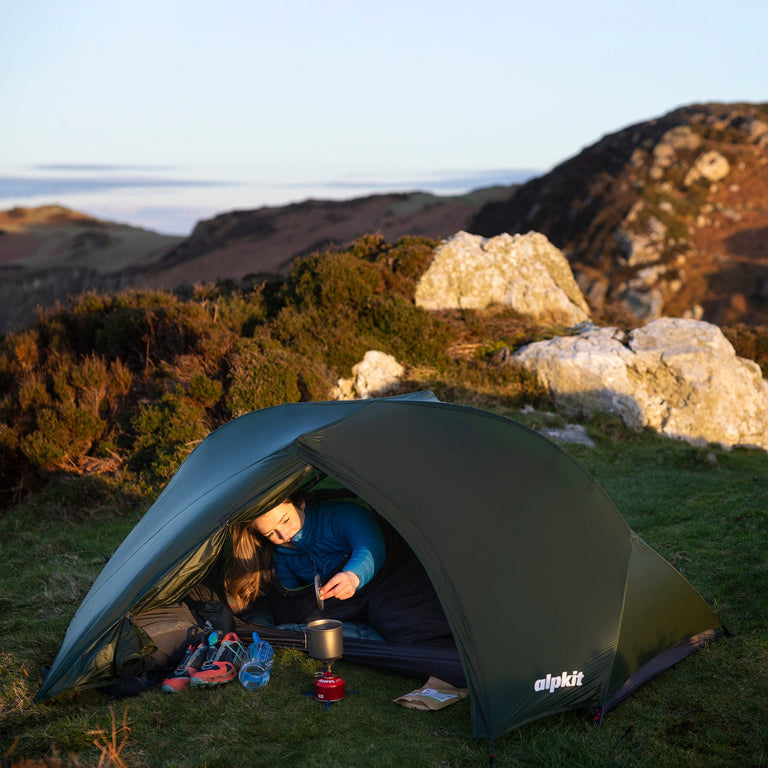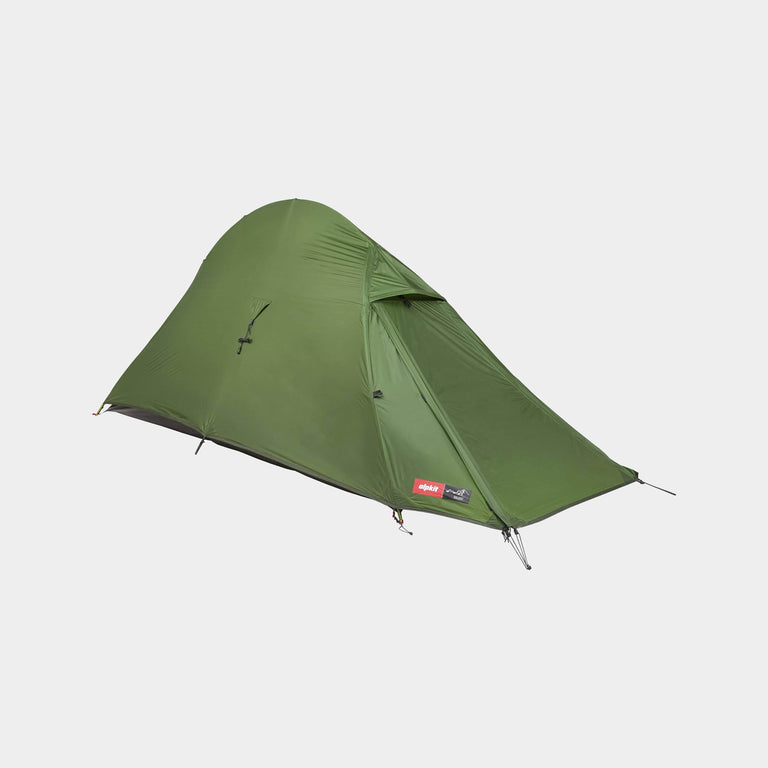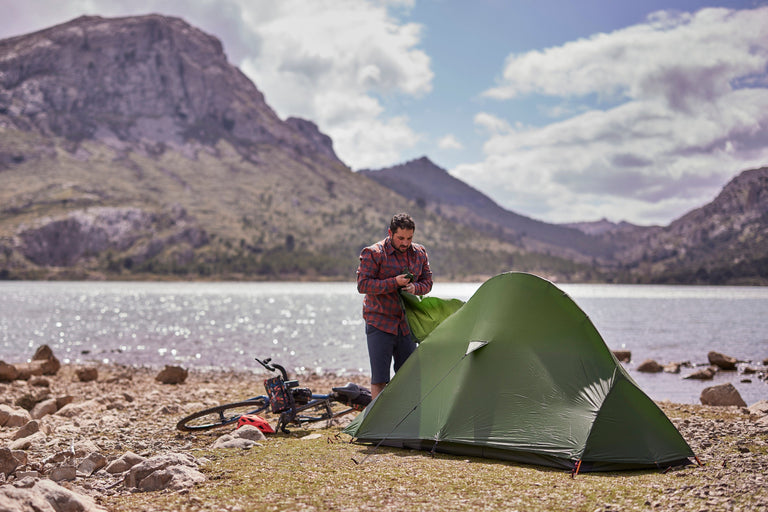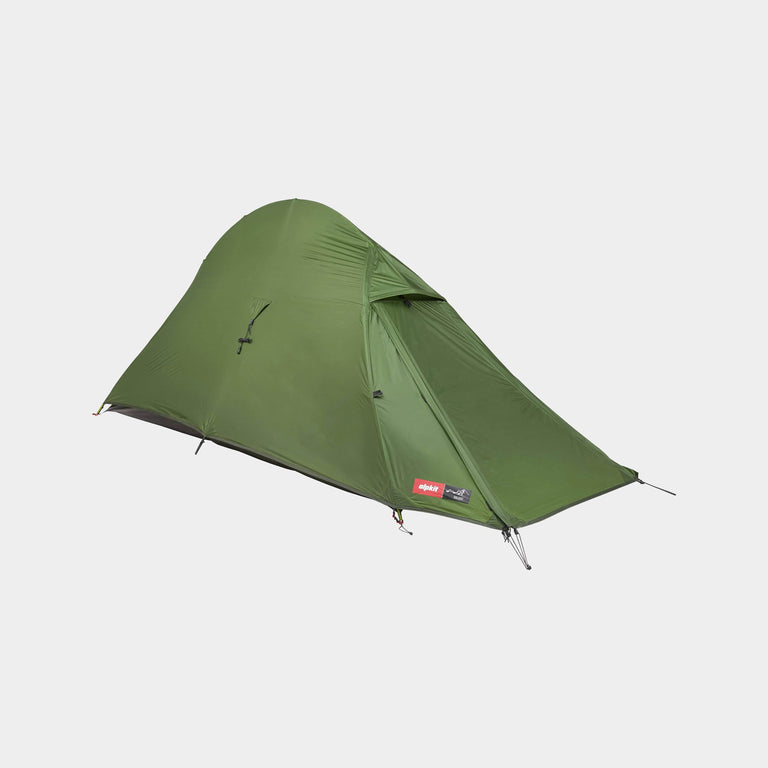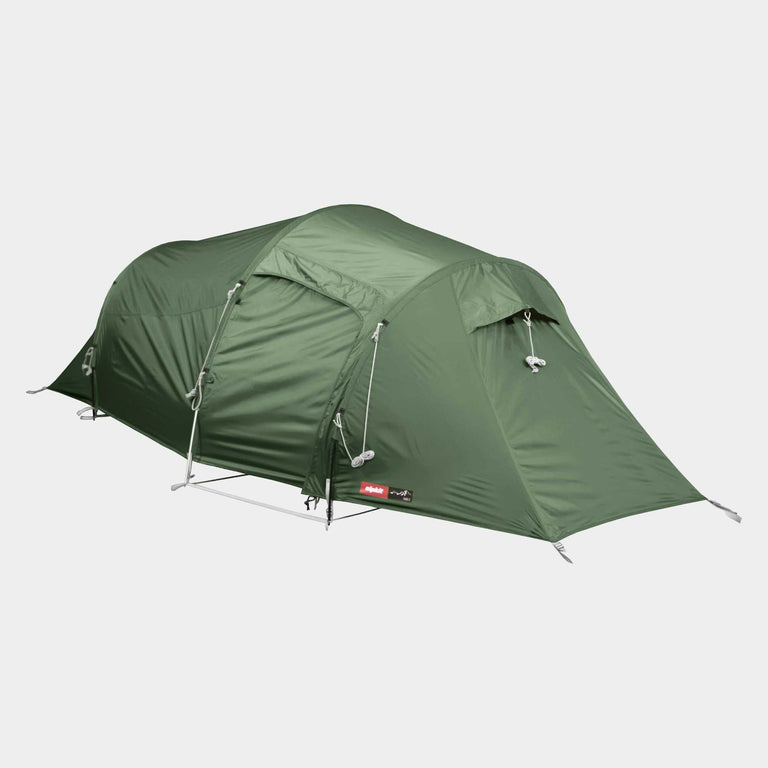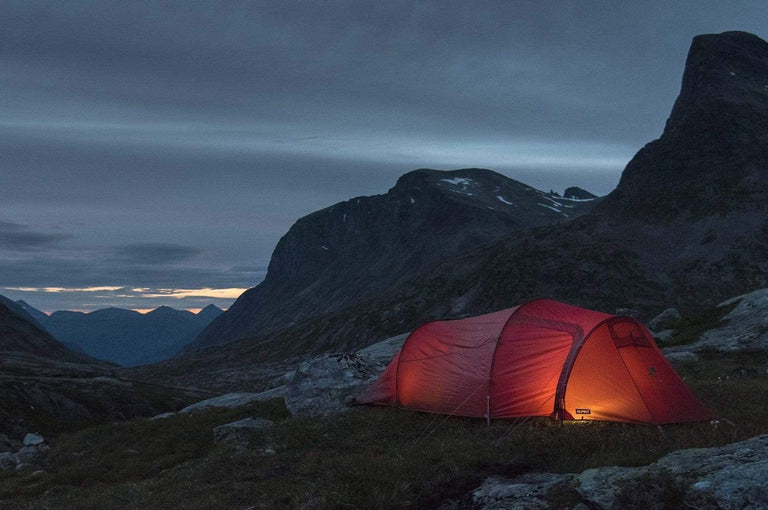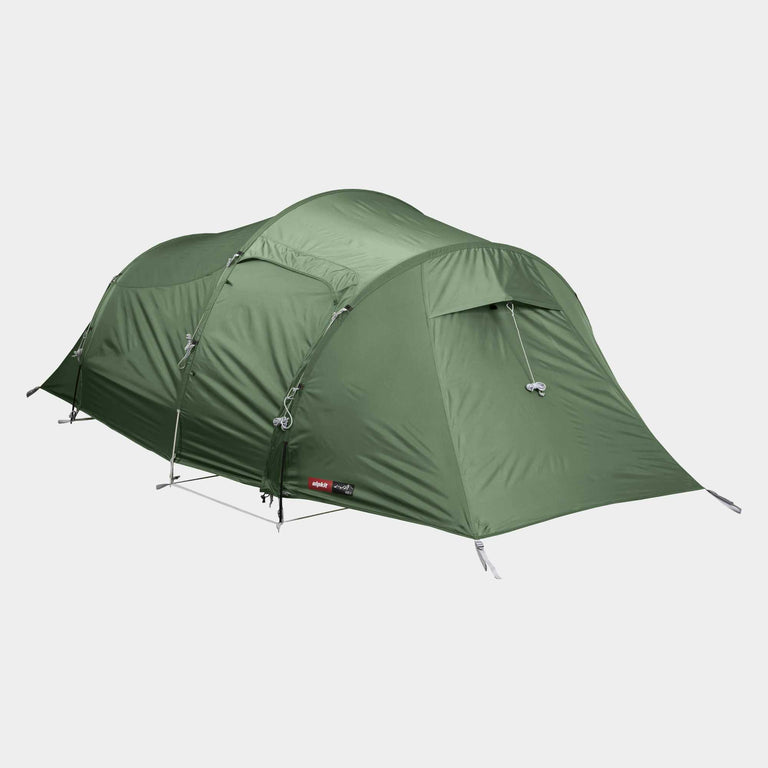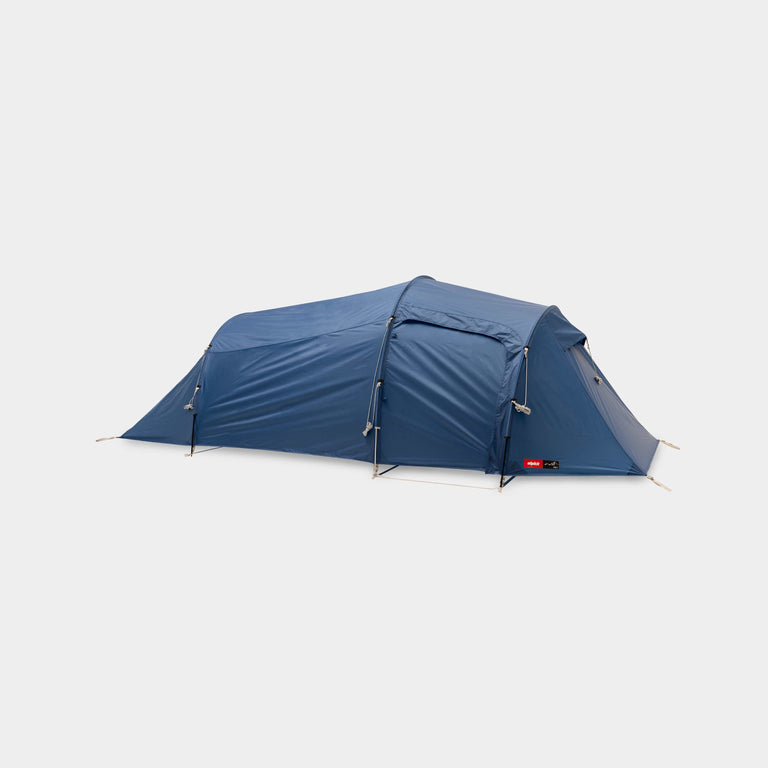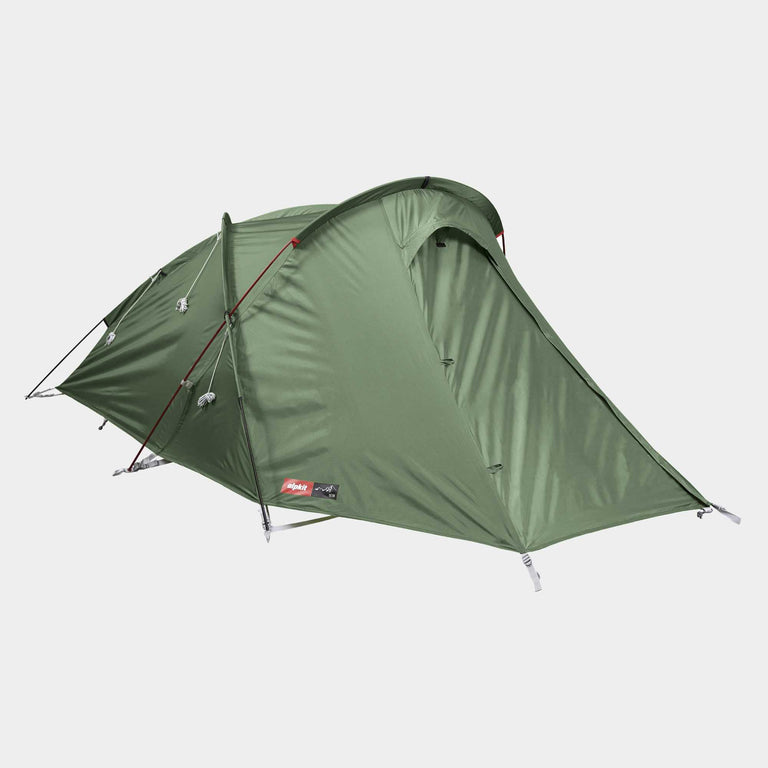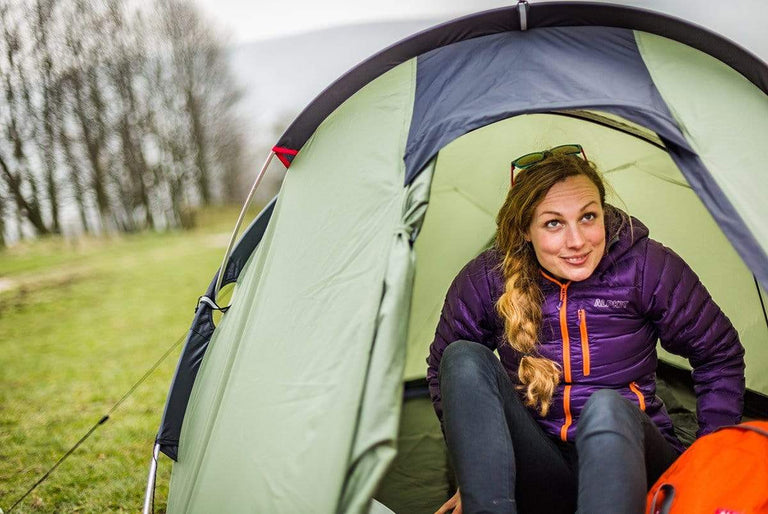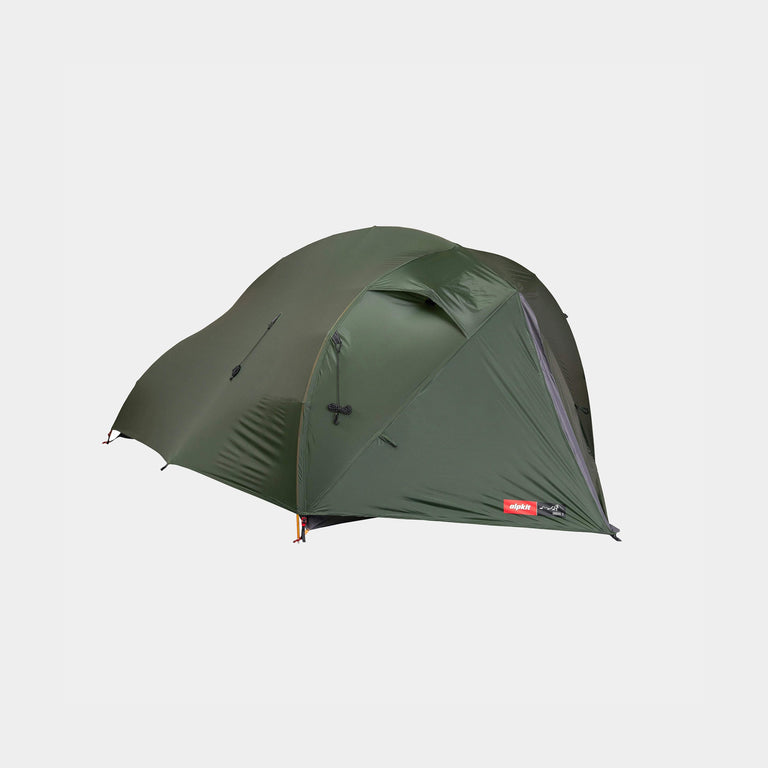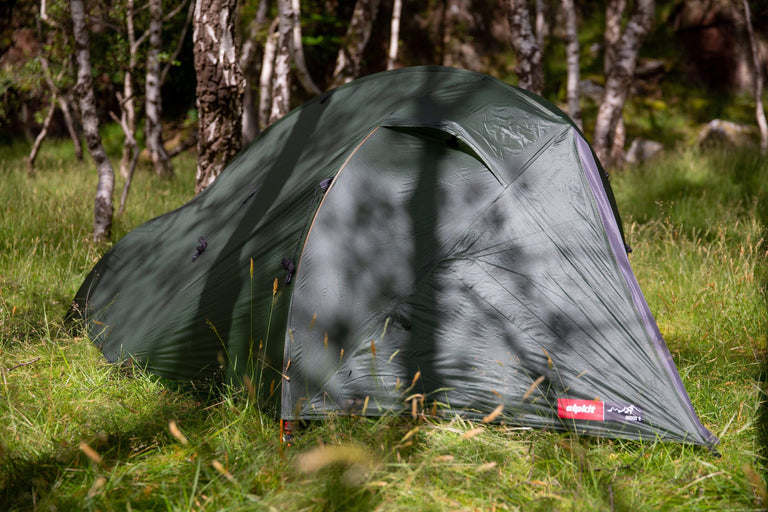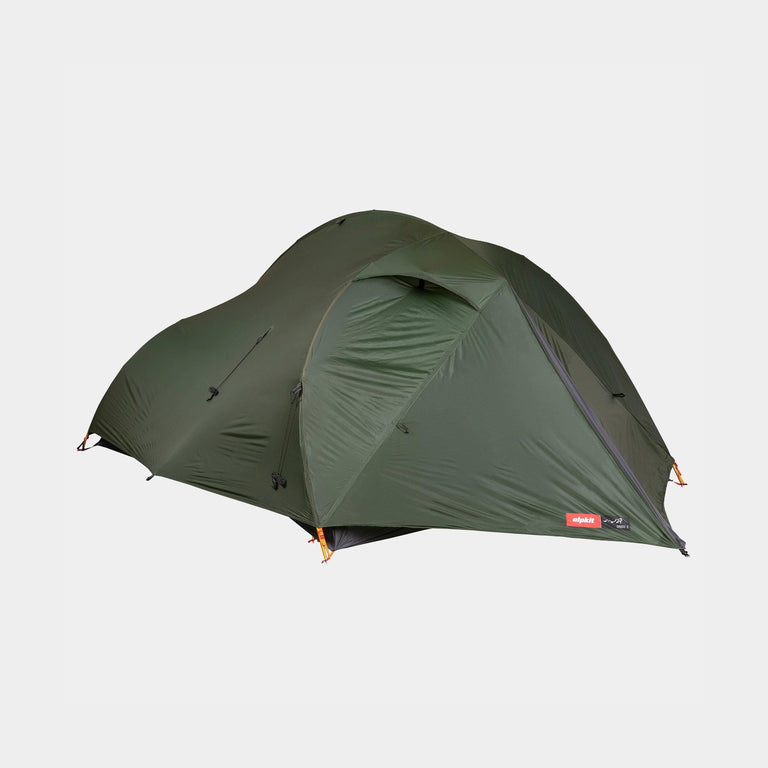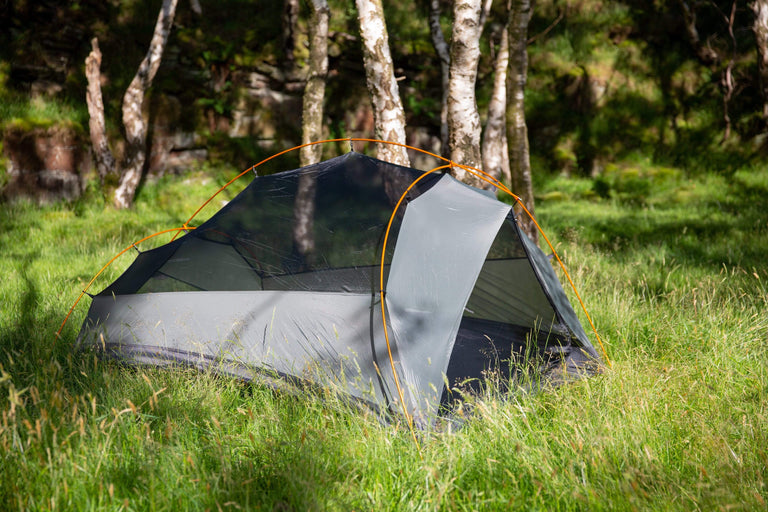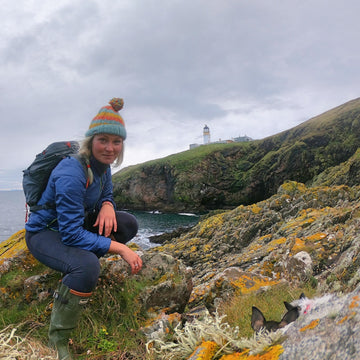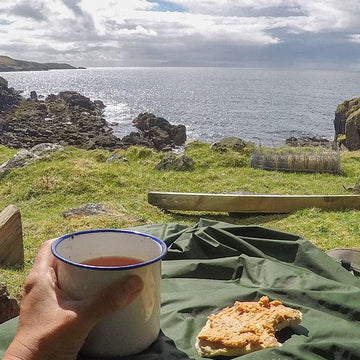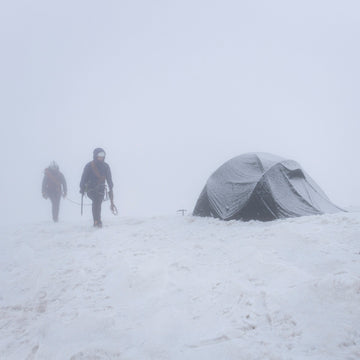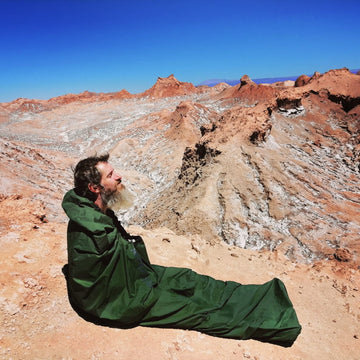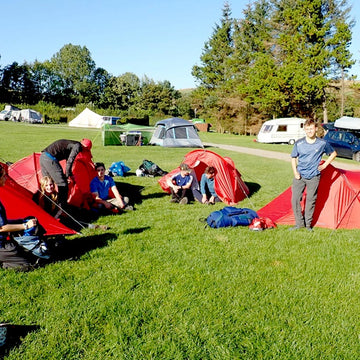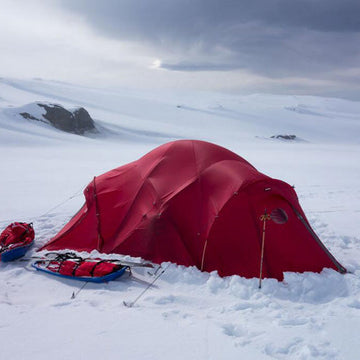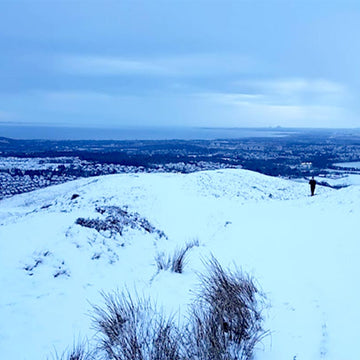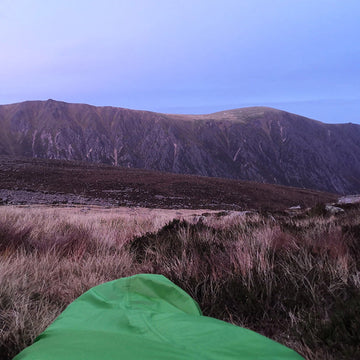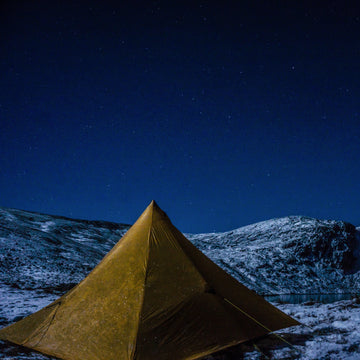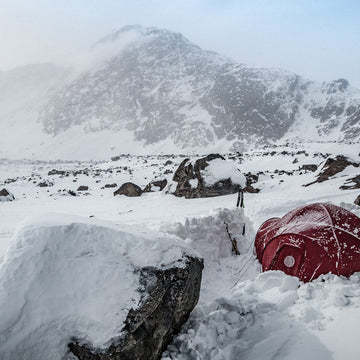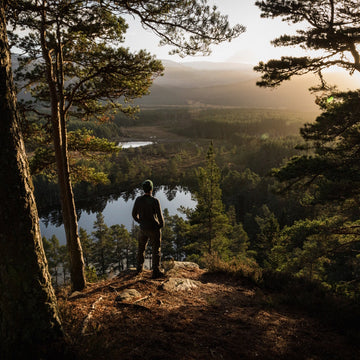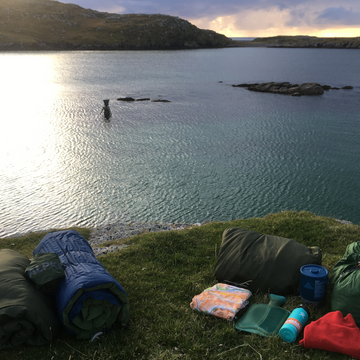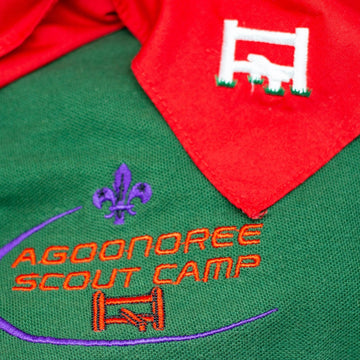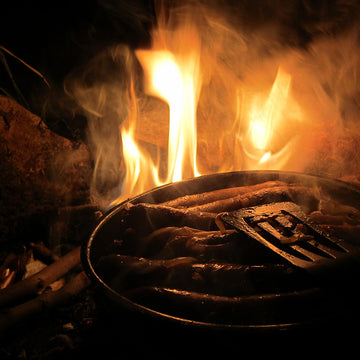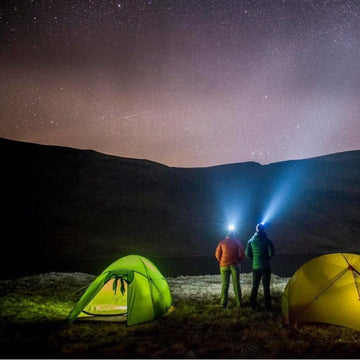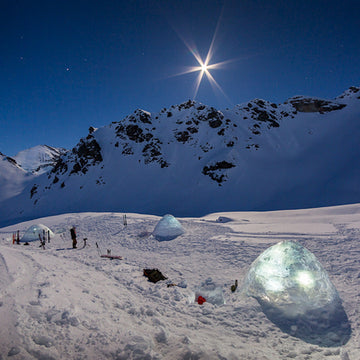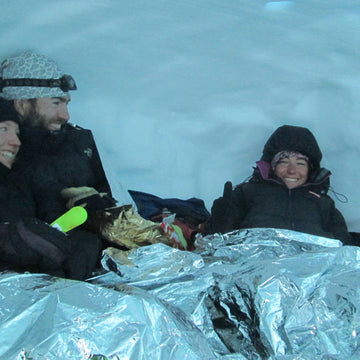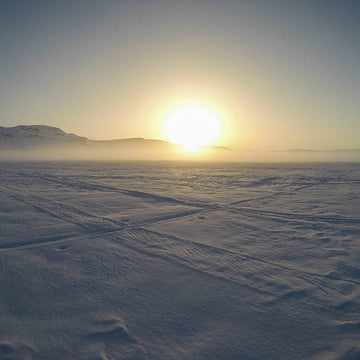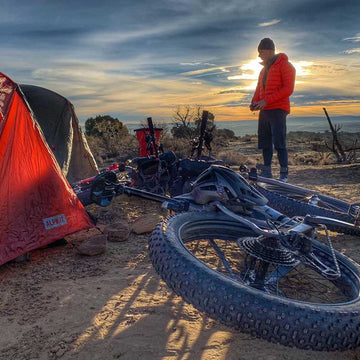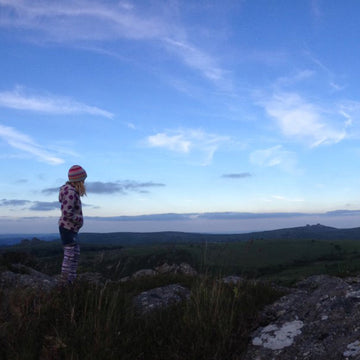Returning to the frozen landscapes of Antarctica, embracing the challenge of exploration.
Antarctica season #1 saw Bethan Davies and team head out to James Ross Island back in 2011. In just over a weeks time she’ll be heading back out there with a slightly different team,Filo jackets at the ready and a Heksa tent under Antarctica test conditions!
And we’re off again! On the 9th of February, Dr Bethan Davies, Professor Mike Hambrey (who was recently awarded a second bar to his Polar Medal) and Professor John Smellie are departing for the Falkland Islands. Once there, we will join up with the ship, and from there to James Ross Island. Hopefully we will manage some small-boat work from the ship before being deployed into the field, but this depends on scheduling constraints, the weather, and sea ice conditions.
Introducing the team
We have a slightly different line up this year. Mike Hambrey is leading the expedition, and he is expert in all things glaciological, especially polythermal glacial processes. Mike has 10 Antarctic field seasons and has done twice that many in the Arctic, so is very experienced and a great team member. John Smellie has done around 20 Antarctic field seasons (including one already this season!). John’s speciality is Neogene subglacial volcanism, and his expertise on hyaloclastite (rocks that form during a subglacial volcanic eruption) will be invaluable to the team. Bethan Davies joined Aberystwyth University in April 2010 after 9 months with the British Antarctic Survey, and this is her second Antarctic field season. We will meet Iain Rudkin, our field assistant (or “Beard”, on the ship. Iain has spent the Antarctic winter at Rothera, and has years of experience in mountaineering and travel in hazardous environments. He will be responsible for keeping us “Beakers” safe! (“Beaker” originates from the Muppets, where the mad scientist Muppet was called “Beaker”).

James Ross Island geology
The Science
Our goals this year are similar to last, in that we will be collecting rock samples to date the thinning and retreat of the last ice sheet from the northern Antarctic Peninsula, around 15,000 years ago. The ice sheet receded from the continental shelf edge around 18,000, but the timing of retreat from the inner shelf and the rate at which the ice sheet thinned is still poorly understood. This is problematic as without detailed data, our colleagues cannot constrain their numerical models. Numerical models are how we predict how ice sheets will behave in the future, and they require testing and training against known data.
Our field site, on the Terrapin Hill promontory of James Ross Island, NE Antarctic Peninsula, is ideal for testing the thinning of the ice sheet. The tuff cone hill, Terrapin Hill, is littered with basaltic erratics. By extracting the pyroxenes of these basalts, we can work out how long these rocks have been exposed at the earth surface, and therefore date the recession and thinning of the ice sheet. In this way, we can use hills as ‘dipsticks’ to work out the rate of thinning of the Antarctic Peninsula Ice Sheet after the Last Glacial Maximum. Granitic erratics along the coastline (from the Antarctic Peninsula) will also be used to date the recession of the ice sheet. So, hopefully I will be spending some more time at the Scottish Universities Environmental Research Centre (SUERC) in Glasgow later in 2012, dissolving the rocks to extract quartz (granite) or pyroxene (basalt) for cosmogenic nuclide dating.
As well as collecting rock samples, we will create a detailed geomorphological map and study the structural glaciology and debris transport and abrasion processes for the small polythermal glaciers on the Terrapin Hill promontory. However, we will be keeping Professor Smellie away from the glaciers, as he admits he has a tendency to fall into the crevasses!

Camp cooking Antarctic style. Jan 2011
Camp Life
Once again, we will be deep field, and as we’re going so late in the season, it’s very possible that we’ll be the only people camping out on the entire Antarctic Peninsula! We’re very lucky that Alpkit has given us a basecamp tent to test out. We will use the tent for messing and working in, and for a long field camp, it makes a real difference to have a communal tent that everyone can sit in. Other kit includes a generator, so we can charge our GPS, laptops and cameras, a HF radio for keeping in touch with Rothera (the British base) and a petrol-driven rock saw. No quad bikes this year as the ground is too challenging, so we’ll be on foot! We need to be able to cope with emergencies by ourselves, so we have all had extensive first-aid training, and the camp first-aid kit includes plaster of paris, traction splints, anti-biotics and neck braces. Hopefully we won’t need any of that! And of course, we all have our Alpkit down jackets to keep us warm in the evenings. We’ll sleep in pyramid tents, like last year, which will keep us warm and dry at night. Dinner will be dehydrated rations, lunch is Biscuits Brown with tinned cheese and fish, and breakfast is instant porridge, sweetened with dehydrated fruit. Of course, if I get the opportunity, I will make my celebrated Camp Flapjack.
Fieldwork will last around 4 weeks, and we’re hoping to be home by the end of March. There is no internet or phone access in camp, so no updates until we return!
Bethan

